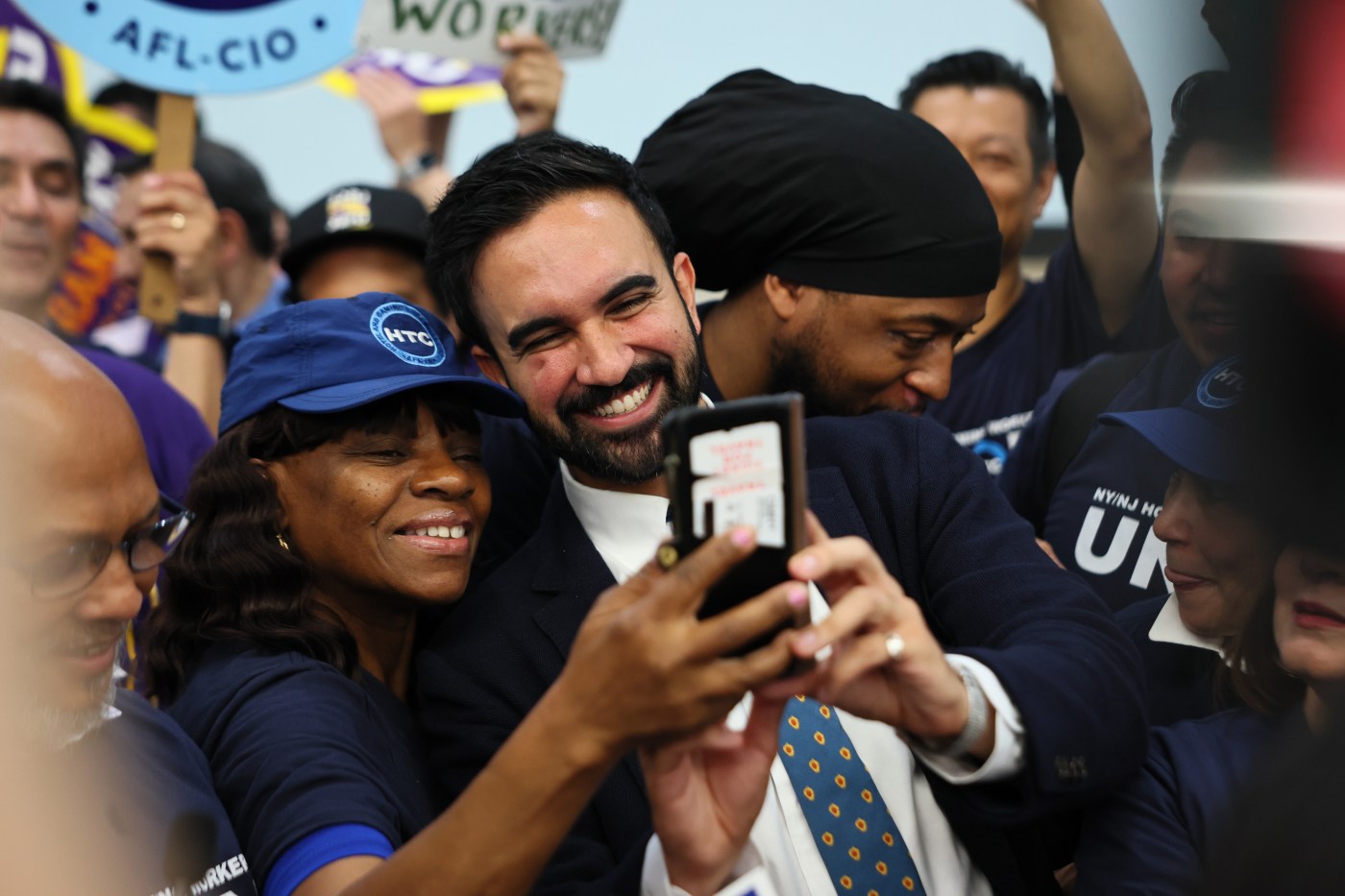Public school teachers and state lawmakers play vital roles in society, yet these positions often fall short in preparing individuals for the immense complexities of managing a major city. This reality has been starkly illustrated by the struggles of Brandon Johnson, the newly elected mayor of Chicago, who has faced significant challenges during his first two years in office. His recent polling numbers reflect a disconnect with constituents, raising questions about his ability to lead effectively.
In a parallel scenario, Zohran Mamdani, a 33-year-old state assemblyman, emerges as the Democratic frontrunner for mayor of New York City. Mamdani’s campaign has garnered attention for its youthful energy and progressive promises, reminiscent of Johnson’s campaign. However, Mamdani has the opportunity to sidestep the missteps that have plagued Johnson by partnering with seasoned political figures who understand the intricacies of urban governance.
Effective governance requires not just vision but also a firm grasp of practicalities such as city budgets, contracts, and union negotiations. While Mamdani brings charisma and a strong social media presence to the table, he must also cultivate a team that includes experienced leaders. Recognizing this, he has forged an alliance with Brad Lander, the city comptroller and a former Brooklyn Councilman. By potentially appointing Lander as his deputy mayor, Mamdani could ensure that his administration balances idealism with pragmatic governance.
Johnson, despite his early promise, has struggled with management since taking office. Although he initially appointed Rich Guidice, a veteran from the Richard M. Daley administration, their collaboration was short-lived. Following Guidice’s departure, Johnson’s reliance on a team of loyal progressives—many lacking extensive management experience—has contributed to a series of unfulfilled promises and divisive conflicts within the City Council.
The pressing issues facing Chicago, including fiscal instability and public safety concerns, illustrate the consequences of inexperienced leadership. Johnson’s tenure has seen the city grappling with a struggling transit system and a critical shortage of affordable housing. While he remains committed to his mission, the absence of a knowledgeable deputy has hindered his effectiveness.
Mamdani’s situation contrasts sharply. By aligning with Lander, he signals an understanding of the importance of experienced guidance. Lander’s extensive knowledge of city operations would serve to translate Mamdani’s vision into actionable policies, potentially avoiding the pitfalls that have ensnared Johnson.
The lesson here for emerging leaders is clear: while passion drives electoral success, it is experience and competence that sustain effective governance. Mamdani’s approach could set a new standard for progressive candidates navigating the complexities of urban leadership.
Johnson has until the next election in March 2025 to adjust his leadership style and repair his relationship with constituents. If he hopes to change the narrative surrounding his administration, he would do well to seek out a leader with Lander’s expertise to bolster his team.
As the political landscape continues to evolve, both Mamdani and Johnson’s experiences serve as valuable case studies for future mayors. The path to effective governance requires not just a vision but the steady hands of those who have navigated the turbulent waters of city politics before.





































































